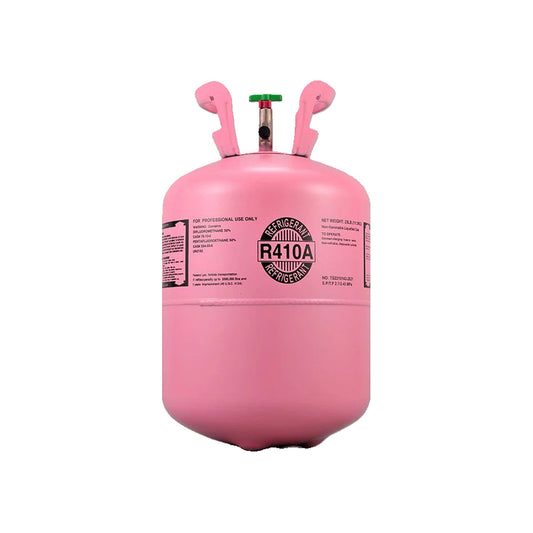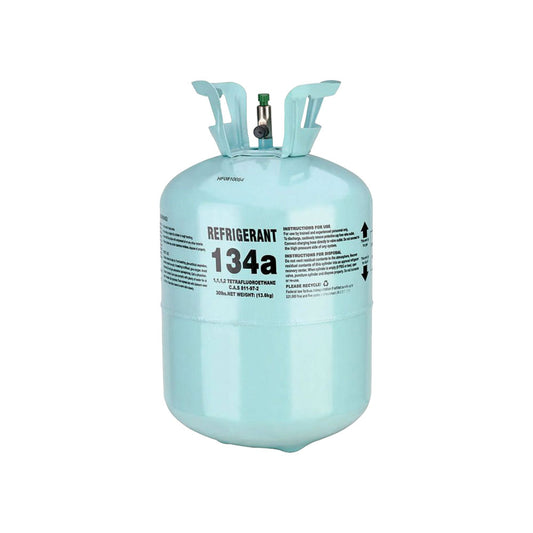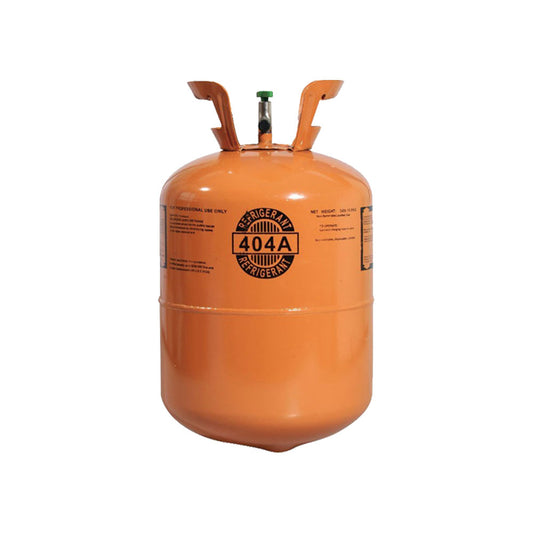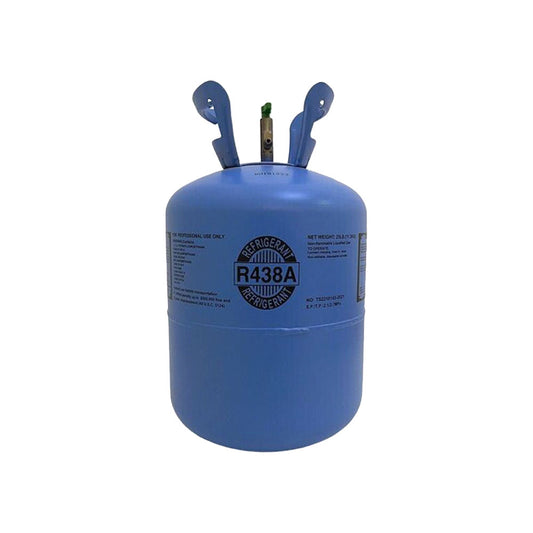R-449A vs. R-448A: What's the Difference?
Share
When it comes to refrigerants, the choice between R-449A and R-448A can have a significant impact on the performance and efficiency of your refrigeration system. But what exactly sets these two refrigerants apart? Let's dive into the details to understand the differences between R-449A and R-448A.
Chemical Composition
One of the key distinctions between R-449A and R-448A lies in their chemical composition. R-449A is a blend of HFC refrigerants, specifically R-32, R-125, and R-134a. On the other hand, R-448A is a blend of HFC and HFO refrigerants, including R-32, R-125, R-1234yf, and R-134a. This difference in composition can impact the environmental impact and efficiency of the refrigerants.
Global Warming Potential (GWP)
Global Warming Potential (GWP) is a crucial factor to consider when choosing a refrigerant. R-449A has a GWP of 1397, while R-448A has a lower GWP of 1273. This means that R-448A has a lower impact on global warming potential compared to R-449A, making it a more environmentally friendly option.
Energy Efficiency
Energy efficiency is another important aspect to evaluate when selecting a refrigerant. R-448A typically offers better energy efficiency compared to R-449A. The improved efficiency of R-448A can result in lower energy consumption and reduced operating costs for your refrigeration system over time.
Applications
Both R-449A and R-448A are commonly used in medium and low-temperature refrigeration applications. However, R-448A is often preferred for new installations or retrofits due to its lower GWP and higher energy efficiency. It is important to consider the specific requirements of your refrigeration system when choosing between these two refrigerants.
Conclusion
In conclusion, the choice between R-449A and R-448A depends on various factors such as environmental impact, energy efficiency, and specific application requirements. While both refrigerants have their advantages, R-448A stands out for its lower GWP and improved energy efficiency. Consulting with a refrigeration expert can help you make an informed decision based on your system's needs and environmental considerations.




